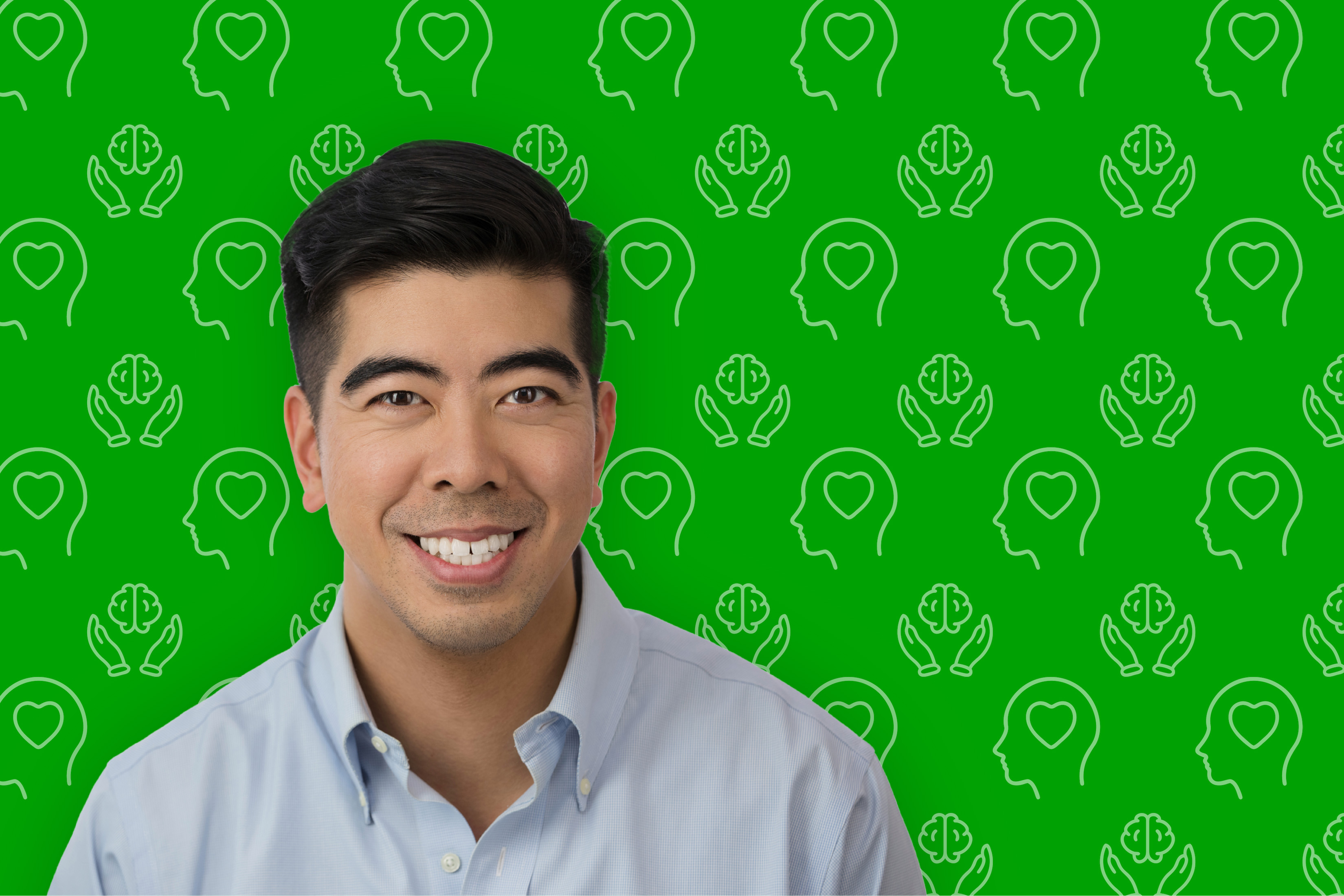Championing Mental Health for College Students
-
-
MIT Technology Review
Filed Under
Recommended

Joshua Li ’07 always wanted to help society: “I knew I would end up at an organization where the focus is not just on making money, but also on a greater mission,” he says. In June 2024, he realized that ambition when he took on the role of vice president of product at Uwill, a leading mental-health and wellness service provider for college students.
Li was born in New Jersey to immigrant parents from Taiwan, but he and his family moved to Connecticut when he was eight, after his father left a career as a computer engineer to become pastor at the Fairfield County Chinese Community Church. “They were always loving and encouraging, and only wanted us to do our best,” he says of his parents. Like many first-year MIT students, he found his first semesters challenging. “I didn’t know how to study or take notes in class,” he says. “Fortunately, there was a group of upperclassmen who took the time to help me figure it out.”
On graduating a semester early with a degree in management, he initially found life after MIT similarly disorienting: “I didn’t have a specific career path to pursue.” He worked for five years at Cornerstone Research, a Boston-based consulting firm that provides financial analysis and expert testimony to clients involved in commercial litigation. Then he took a six-month break to work at a microfinance NGO in rural China before enrolling at Columbia Business School.
After completing his MBA in 2014, he worked at Bain Consulting and Tripadvisor, and in early 2020 he started at Drizly. “I left a travel company and joined an online alcohol delivery company right as the pandemic hit,” says Li. “It sounds like exceptional planning, but it was total coincidence.”
The move to Uwill was equally fortuitous: A recruiter reached out to him on LinkedIn with an opportunity he couldn’t pass up. Specifically geared toward college students, the company has a community of more than 1,000 counselors, giving students a more diverse selection of providers than most on-campus mental health services. “This is particularly important for Gen Z students, many of whom want a counselor who has their same lived experience,” he says.
The new position at Uwill feels like the culmination of a journey that began long ago in his home and faith. “My father was the CIO of a nonprofit, and then director of his church, and we spent so much time at the church, supporting people,” he says. “I understood from him that work was never going to be my be-all and end-all.”
This story also appears in the January/February issue of MIT Alumni News magazine, published by MIT Technology Review.
Photo illustration by Gretchen Neff Lambert; image courtesy of Joshua Li







